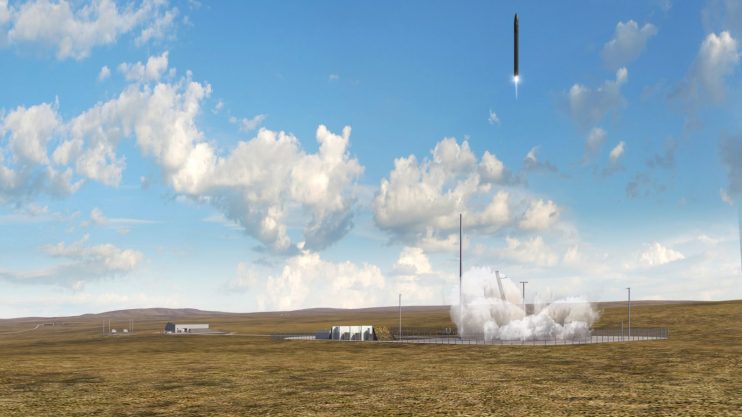UK space industry to benefit ‘very positively’ from Russian sanctions

The UK’s space industry stands to benefit “very positively” from sanctions against Russia, which have pushed its rocket launching capabilities off the global stage, one space chief has told City A.M.
Russia’s launches once rivalled SpaceX in both frequency and success. But a mixture of bans and boycotts after its invasion of Ukraine has seen a raft of businesses, including satellite heavyweight OneWeb, snub the country’s rockets.
“When previously looking for a low earth orbital launch, you’d go to Russia… Obviously that’s all become problematic,” Doug Liddle, CEO of British satellite firm In-Space, said.
Liddle explained that a “huge chunk” of competition in Europe has been taken out. And with analysts expecting the launch market to grow increasingly tight in Russia’s absence, it is an opportunity for eyes to fall on Britain.
Elon Musk’s SpaceX had picked up a significant amount of this extra business, swooping in to launch OneWeb’s satellites in late March, after Russian aerospace sanctions were imposed.
However, it is getting “quite congested” in accessing a SpaceX Falcon 9 rocket. “Everything is getting booked up next year already,” added Liddle, which is expected to further push businesses towards booking British launches.
The aerospace sanctions have business across Europe and the US struggling to get their hands on export licences for tech bound for Russian rockets, and a boycott of Russian goods has also seen its space tech snubbed.
Chief Operations Officer Kathryn O’Donnell also told City A.M.: “There were a couple of [Russian] units we were interested in… But we can’t use it, so we’ve looked at alternatives.
“It’s a shame because they have nice tech, but we’re not buying it.”
Tech-driven accountability
In-Space’s satellites, which have followed the mobile phone in their miniaturisation, may look like a wire filled cereal box, but offer businesses – and military bodies – services including Earth observation, navigation, communications.
While calling them ‘spy satellites’ has “all kinds of implications”, surveillance is their “ideal use”, said Liddle.
The tech already in the sky has dealt one of the most fatal blows to Russia’s image on the global stage, as satellite imagery has exposed just some of the horrors of the Ukraine invasion.
“The ability to get those photos on the front page of newspapers… When Russia is telling one narrative about what is going on and you’re able to see an entirely different scene from that imagery,” added Liddle.
“We’re confident that that imagery is telling the true story.”